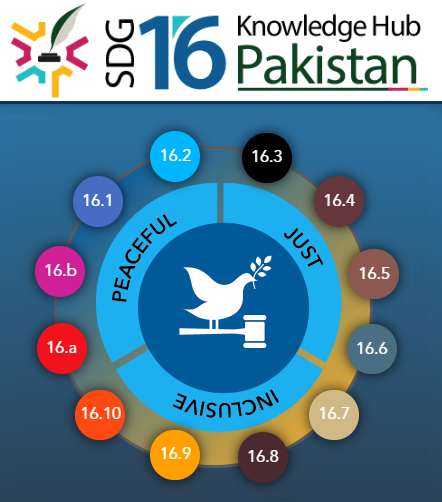

International Day for Judicial Well-being: A Global Call for Action (4 Mar, 2025)
Pakistan Ranks 129 out of 142 in the World Justice Project Rule of Law Index (26 Oct, 2024)
2024 Trafficking in Persons Report: Pakistan (24 June, 2024)
Pakistan ranks second-last in WEF Global Gender Gap Report 2024 (7 Mar, 2025)
Climate fund for poor nations vows to drive green Covid recovery

Sun, August 23, 2020
BARCELONA: The Green Climate Fund has promised developing nations it will ramp up efforts to help them tackle climate challenges as they strive to recover from the coronavirus pandemic, approving $879 million in backing for 15 new projects around the world.
At a four-day virtual board meeting ending late on Friday, the fund added Afghanistan and Sudan to a list of more than 100 countries receiving a total of $6.2 billion to reduce planet-heating emissions and enhance climate resilience.
The Green Climate Fund (GCF) was set up under UN climate talks in 2010 to help developing nations tackle global warming, and started allocating money in 2015.
Executive Director Yannick Glemarec said the fund had “a key role to play to maintain climate ambition in the era of Covid-19” and would aim to improve the speed and efficiency of its response to developing countries’ needs.
Board co-chair Nauman Bashir Bhatti, from Pakistan, said climate finance would be crucial for recovery from the pandemic and the fund needed to increase support “even during these difficult times”.
Those promises came as small island states criticised the pace and size of GCF assistance, saying they were now struggling with the economic blow from the pandemic on top of climate change impacts such as rising seas and stronger storms.
Fiji’s UN Ambassador Satyendra Prasad said Covid-19 risked worsening the already high debt burden of small island nations, as tourism dived.
The importance of the (GCF) ... in accelerating transformative climate action in this present decade should not be understated, he added.
He told the Thomson Reuters Foundation that island nations were struggling to access other sources of finance and urged the GCF to boost aid to help them prepare project proposals and to release funding for approved projects faster.
The Alliance of Small Island States said its members represented less than 10 per cent of total funding requests.
The GCF this week approved three new projects for island nations, including strengthening buildings to withstand hurricanes in Antigua and Barbuda, and installing solar power systems on farmland on Fiji’s Ovalau island. It also gave the green light to payments rewarding reductions in deforestation in Colombia and Indonesia between 2014 and 2016.
But more than 80 green groups issued an open letter ahead of the meeting opposing such funding.
They said deforestation had since spiked and countries should not be rewarded for “paper reductions” in carbon emissions calculated from favourable baselines.
Published in Dawn, August 23rd, 2020
Copyright © 2026 pjn.org.pk








